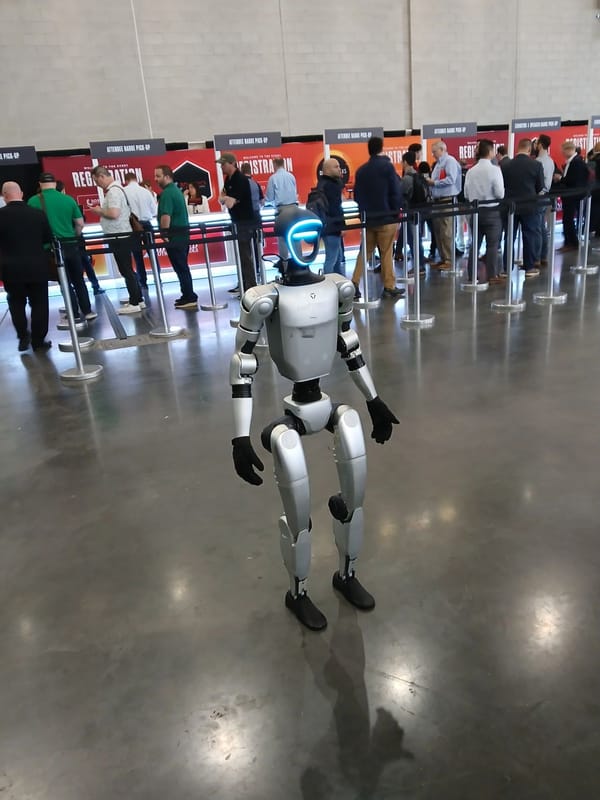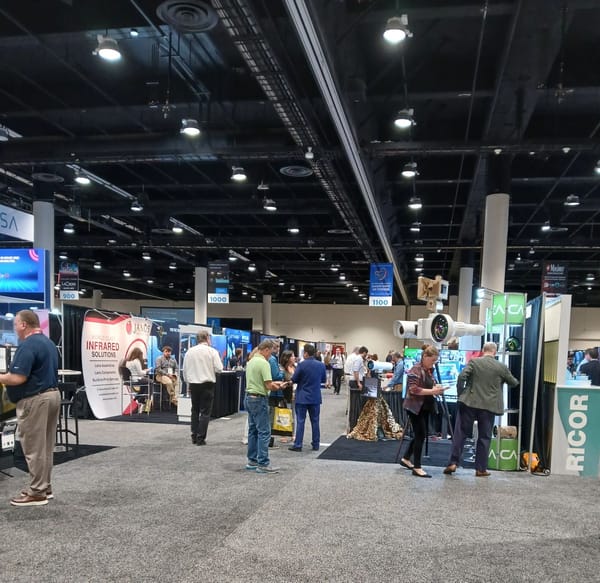Americans are skeptical about retailers’ discounting claims this Black Friday but plan to maintain last year’s spending

- 44% will use an AI shopping assistant this Black Friday, while nearly half (48%) will rely on generative AI (GenAI) for gifting and shopping inspiration
- Shoppers evenly divided on if in-store products being in lockboxes will impact their likelihood to purchase
- Most plan to spend $101-$200 this year, with clothing the most popular item
Last year’s Black Friday saw a record number of shoppers making purchases, new research today finds that US consumers plan to maintain their level of spending, but are deeply skeptical about major retailers’ claims to have lowered prices for the busy shopping season.
The research comes from Attest, a leading New York-based consumer research platform, which surveyed 2,000 nationally representative US consumers and reveals:
- An overwhelming majority of Americans unconvinced by retailers' claims: Eight in ten (83%) say they think prices are either more expensive or at the same level this holiday season, countering major retailers’ claims to have discounted heavily. Looking deeper into this data point, 44.5% believe prices are “more expensive”, while 38.4% feel they are at the same level.
- Yet average spending to remain stable from last year: Despite this, Attest finds that most Americans plan to maintain spending of $101-$200 (at 16%) on Black Friday 2024, followed by $201-$300 (15%) while just over one in ten (12%) say they won’t participate in the retail event this year. Overall, there is only a 1-2 percentage point difference in spending levels from Attest’s 2023 data.
- Clothing as the most popular item takes hold: Previously Black Friday’s most sought-after purchases were technology products. Yet for the third year in a row from Attest’s research, clothing tops shoppers’ lists (at 51% versus tech’s 48%), showing that this trend has now become embedded. The other most prized products, following the top two, include home goods (35%) and beauty products (24%).
- Online-only shopping on Black Friday to increase this year: Of those who plan to shop on Black Friday, 26% say they will make purchases exclusively online, which is an increase of 6 percentage points compared with last year. Meanwhile, well over half (58%) say they will shop both online and in-store.
Despite skepticism regarding retailers' claims of heavily discounting items, consumer sentiment about Black Friday appears to be strengthening nonetheless. The percentage of consumers who “strongly” agree it’s the best day to find heavily discounted products has risen by 6 percentage points to 28%. Overall, 71% of shoppers express positive sentiment towards the day. Walmart is also the retailer that Americans are most looking forward to shopping with during the event (35%), followed by Amazon (33%), Target (11%) and Best Buy (9%).
Shoppers’ Use Of AI This Black Friday
The research also finds that artificial intelligence (AI) will play an important role for many Americans in helping them shop this Black Friday.
- 44% say they will use an AI shopping assistant to aid with their Black Friday purchases this year (versus 27% who will not and 28% who are unsure). More than half of consumers (55%) also say they “trust” such tools.
- Meanwhile, GenAI tools like ChatGPT will be used by 48% of Black Friday shoppers to provide shopping inspiration and product information (versus 26% who will not use the tool and 25% who are “unsure” of if they will rely on it).
- Of the 42% who will rely on GenAI for holiday gift suggestions, they’re most likely to want help with buying for friends (38%), followed by their children/step-children (35%) and parents/step-parents (29%).
The In-Store Experience: Locked-Up Products & Appointment-Only Stores
Attest also sought to uncover attitudes towards the evolving in-store shopping experience for this Black Friday, specifically around certain products being placed within lockboxes and some stores moving to an appointment-only format. It finds:
- Americans split on if lockboxes make them less likely to make a purchase: With a host of retailers installing anti-theft lockboxes in their stores over the last number of years, a slight majority (44%) say that such lockboxes (and the process involved in gaining access to a product) will not make them less likely to make a purchase this holiday season. By contrast, 39% say the opposite.
- And also divided on the shift to appointment-only stores: This year, Saks Fifth Avenue announced it had moved to an appointment-only store in San Francisco. Despite such policies removing the ease of access to visiting a store freely, Attest’s research finds that 45% of consumers are in favor of such a move in order to prevent shoplifting losses (versus 38%).
Beyond Black Friday: The 2024 Holiday Season
The research also delved into Americans’ plans for beyond Black Friday and looked into their spending plans for the holidays. The data highlights:
- The average spend on holiday presents will be $200 (at 12%), but, by contrast, 9% plan to go all-out and splurge over $1,000. More than half (52%) will also split their shopping between in-store and online.
- While consumers will spend more or less the same on Christmas gifts as they did last year, some Americans are cutting back by not buying for their other half. Only 46% intend to purchase gifts for their significant other in comparison to 50% last year.
- Clothing also dominates Christmas shopping as the most favored gift option (55%). Yet this is followed closely by the trusty and reliable gift card (51%).
- More consumers plan to start their holiday shopping in December this year; 22% are leaving it until the last minute, up from 17% last year. However, November remains the most popular time for starting to buy Christmas gifts, with 45% of consumers planning to begin shopping.
- Yet the data also highlights that not everyone will be able to take part in the festive season, with 44% saying they won’t buy any gifts this Christmas, with the main reason being that they cannot afford to.




